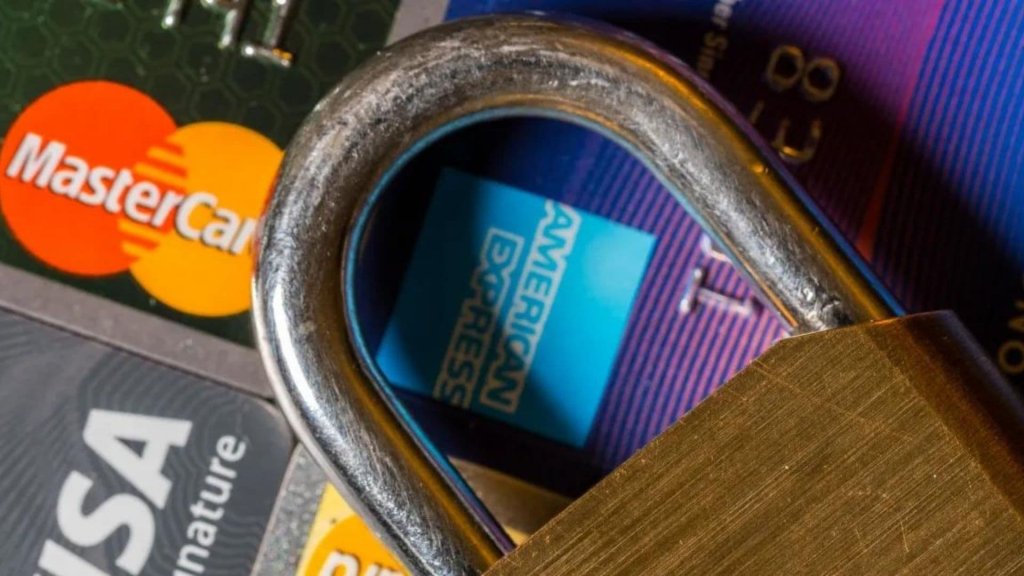
Freezing your credit is one of the best steps you can take to protect yourself from identity theft, especially if you’ve been victimized in a data breach. You can freeze your credit online or by calling the three national credit bureaus: Equifax, Experian, and TransUnion. The credit bureaus are required to freeze your report for free, but you may be charged a fee when you thaw your file. Credit freezes block access to your credit report by lenders, so new accounts cannot be opened in your name. However, current creditors still have access, and debt collectors can pull your reports to send you statements. Marketers and certain governmental agencies can also see your credit reports, including those who might check your report to verify your employment or for child support. If you need to apply for a mortgage, loan, or job, you’ll need to contact the credit bureaus and request a lift of your freeze. By law, credit bureaus must activate your freeze within 24 hours of receiving a request online or by phone.
You can use each of the credit bureaus’ online process or send a letter to each one, and it’s generally free. You’ll need to provide the credit agency with your name, address, date of birth, and Social Security number. You’ll also be provided with a PIN. You’ll need to lift a credit freeze temporarily when applying for a mortgage or loan, car, apartment, or cell phone service, or using a buy now, pay later online shopping platform. You’ll need to use your PIN to unlock your file for these purposes.

Should I Freeze My Credit?
A credit freeze blocks lenders from seeing your report, so they won’t be able to use it to make preapproved offers or do background checks. It doesn’t prevent companies from making soft inquiries for employment purposes or when you apply for insurance, though. Credit freezes are free, and they’ll last until you lift them or remove them. You can manage them through your individual bureaus’ online accounts. Some apps and other services offer similar protections for a fee. A freeze won’t affect your credit score and won’t keep you from obtaining your free annual report. But if you have a freeze in place, it might impact your ability to create a mySocialSecurity account (to track earnings and future benefits) or to get the lower insurance rate that a good credit score typically entitles you to. It might also prevent you from using your PIN to temporarily lift the freeze so you can apply for a job or loan.